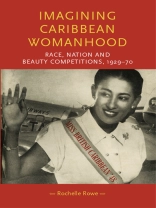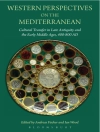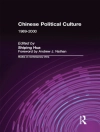Over fifty years after Jamaican and Trinidadian independence, Imagining Caribbean womanhood examines the links between beauty and politics in the Anglophone Caribbean, providing a first cultural history of Caribbean beauty competitions, spanning from Kingston to London. It traces the origins and transformation of female beauty contests in the British Caribbean from 1929 to 1970, through the development of cultural nationalism, race-conscious politics and decolonisation.
The beauty contest, a seemingly marginal phenomenon, is used to illuminate the persistence of racial supremacy, the advance of consumer culture and the negotiation of race and nation through the idealised performance of cultured, modern beauty. Modern Caribbean femininity was intended to be politically functional but also commercially viable and subtly eroticised. The lively discussion surrounding beauty competitions, examined in this book, reveals that femininity was used to shape ideas about Caribbean modernity, citizenship, and political and economic freedom. This cultural history of Caribbean beauty competitions will be of value to scholarship on beauty, Caribbean studies, postcolonial studies, gender studies, ‘race’ and racism studies and studies of the body.
สารบัญ
Introduction: Caribbean beauty competitions in context
1. The early ‘Miss Jamaica’ competition: cultural revolution and feminist voices, 1929–1950
2. Cleaning up carnival: race, culture and power in the Trinidad ‘Carnival Queen’ beauty competition, 1946–1959
3. Parading the ‘crème de la crème’: constructing the contest in Barbados, 1958–1966
4. Fashioning ‘Ebony Cinderellas’ and brown icons: Jamaican beauty competitions and the myth of racial democracy, 1955–1964
5. ‘Colonisation in reverse’: Claudia Jones, the West Indian Gazette and the ‘Carnival Queen’ contest in London, 1959–1964
Afterword: a Grenadian ‘Miss World’, 1970
Bibliography
Index
เกี่ยวกับผู้แต่ง
Rochelle Rowe teaches at the University of Exeter












